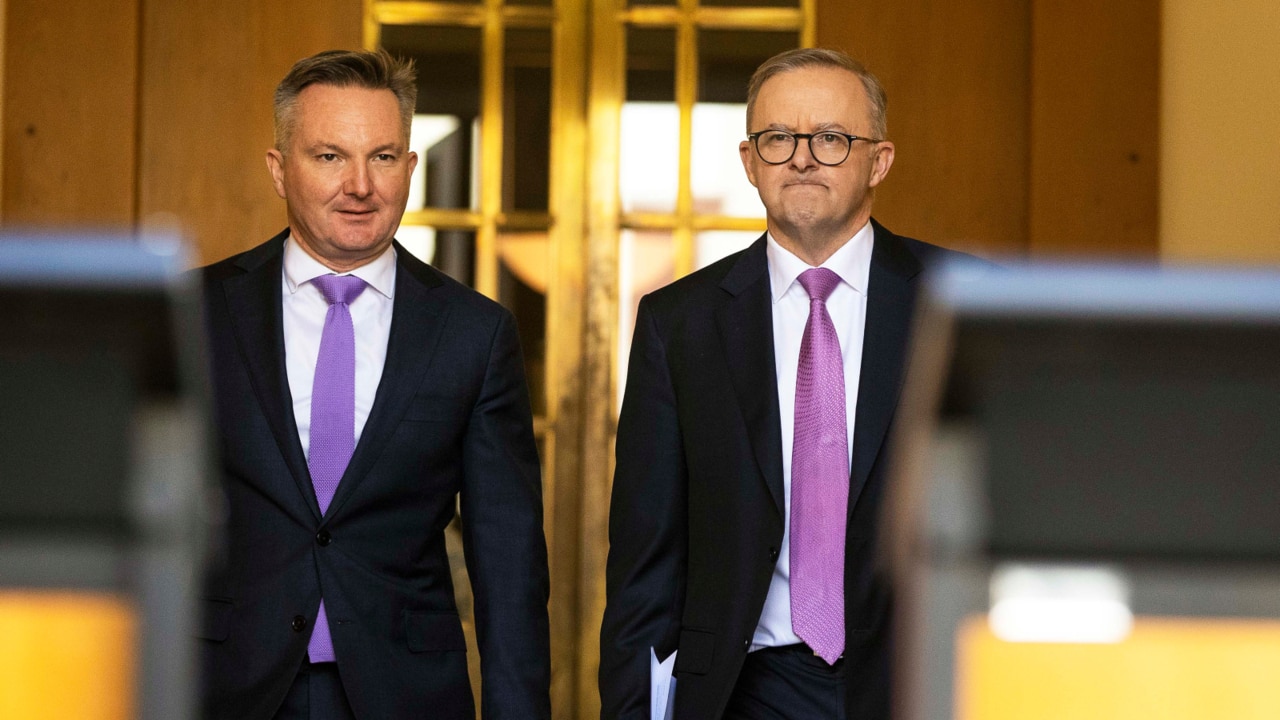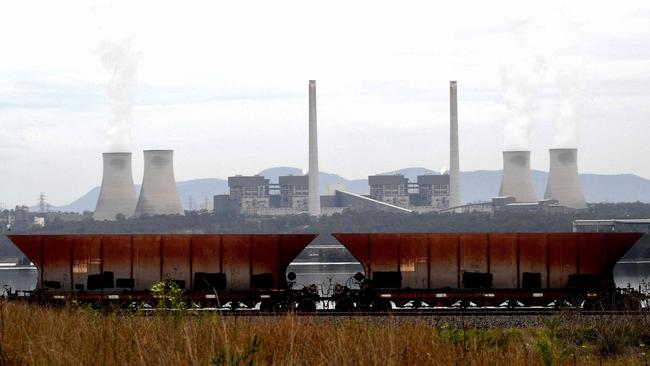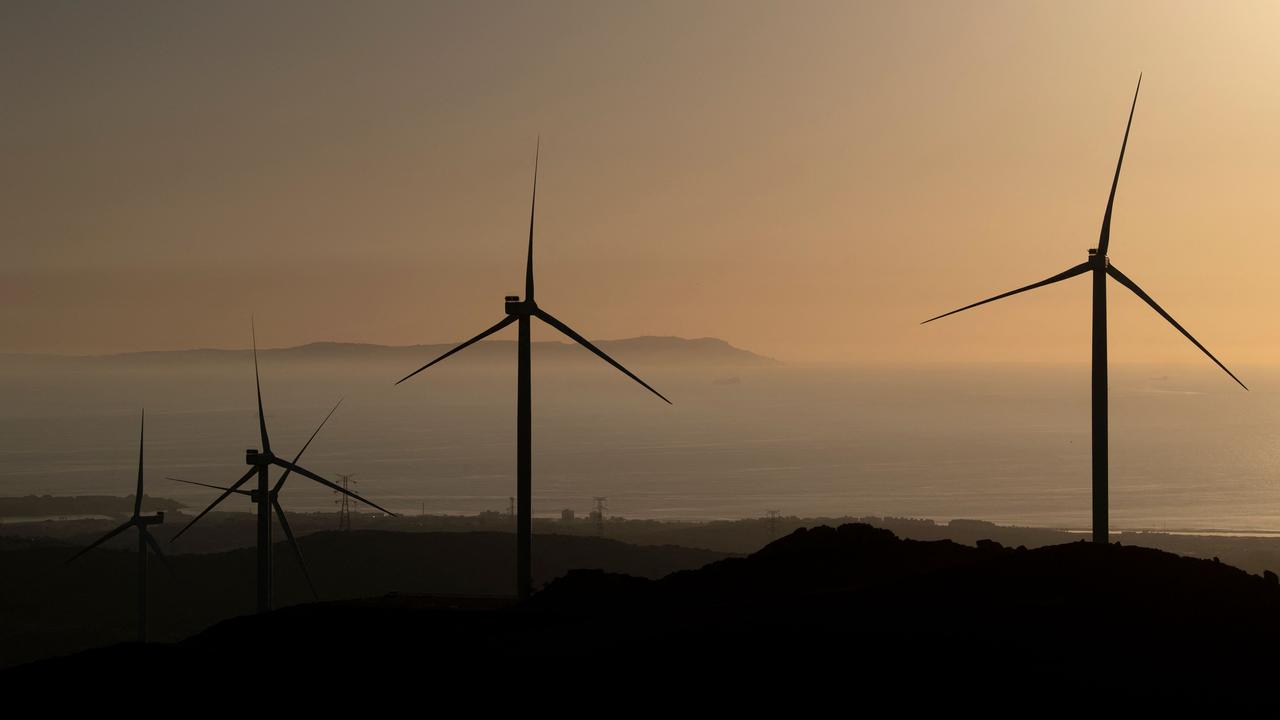A record number of Australians are struggling to pay their electricity bills
More Australians than ever are on ‘hardship plans’ to repay mounting energy bills, the national regulator has revealed.

Business
Don't miss out on the headlines from Business. Followed categories will be added to My News.
A record number of Australians are struggling to pay their electricity bills after prices rose by as much as 28 per cent in the year ended June 30, the country’s energy regulator has said.
The findings will heighten pressure on the federal Labor government, which is struggling to convince voters that it has taken meaningful action to aid families struggling with high inflation and interest rates at more than a decade high.
The Australian Energy regulator said from June 2022 to June 2023 market offers for residential electricity rose in the ACT, NSW, Queensland, South Australia and Tasmania by between 12 per cent and 28 per cent. Gains were less extreme in Victoria, rising by between 5 per cent and 11 cent.
The regulator said the proportion of residential customers with energy debt increased 2.9 per cent, up from 2.5 per cent recorded previously. The number of households and businesses on hardship plans increased 1.4 per cent from 1.1 per cent — both at their highest levels in the past five years.

The AER said retailers are identifying vulnerable customers earlier or with less debt, and more and more people are moving on hardship payment plans with smaller amounts of debt — indicating people are struggling with debts which would have previously been serviceable.
Those on payment plans are also incurring more debt, and the AER said the number of customers exiting hardship programs by clearing their debt is at its lowest level since 2018-19.
AER Chair Clare Savage expressed sympathy with consumers, who she urged to shop around and seek help if they need it.
“We recognise that now is a difficult time as Australians face multiple cost-of-living pressures and that many will need continued support,” said Ms Savage.
“We strongly advise consumers to regularly compare available offers through sites such as Energy Made Easy and Victorian Energy Compare, consider switching if they can find a better offer, and contact their retailer immediately if they are struggling with their energy bill.”
The findings come after the AER earlier this year approved price increases for much of the country by as much as 25 per cent to allow retailers to recoup losses incurred when a global energy crunch sent their costs to near record levels.
Australia is one of the world’s largest exporters of coal and gas, but retailers were hit hard as Europe abandoned cheap Russian gas in the wake of Moscow’s invasion of Ukraine, sending prices for coal and gas to record highs which in turn sent the cost of producing electricity in Australia to unprecedented levels.
Coal and gas remains the dominant sources of electricity in Australia, and the government moved to cap the commodity prices in a bid to provide a ceiling to the impact on households and businesses which the regulator said had tempered price increases. The federal government in conjunction with states provided rebates to some 5 million homes, but many Australians received no additional support — fuelling the cost of living crisis.
Treasurer Jim Chalmers has pointed to government action to reduce the cost of childcare, healthcare and pharmaceutical requirements, but support for the government has waned amid widespread frustration about the money squeeze.
Further increases to electricity and gas bills will happen next July, but few expect the same magnitude of previous years. Australians have endured two straight years of price increases of more than 20 per cent, but wholesale costs are well down this year, a trend which, should it hold, would see the AER likely approve much-smaller increases.
Australian officials are increasingly concerned too about the impact of rapidly rising prices on support for the country’s energy transition.
The federal government has set the ambitious target of having renewable energy generate more than 80 per cent of the country’s electricity by the end of the decade, which will reduce emissions. Labor has insisted it will lower prices, but the coalition has urged the government to prioritise affordable energy over lowering emissions.
More Coverage
Originally published as A record number of Australians are struggling to pay their electricity bills





